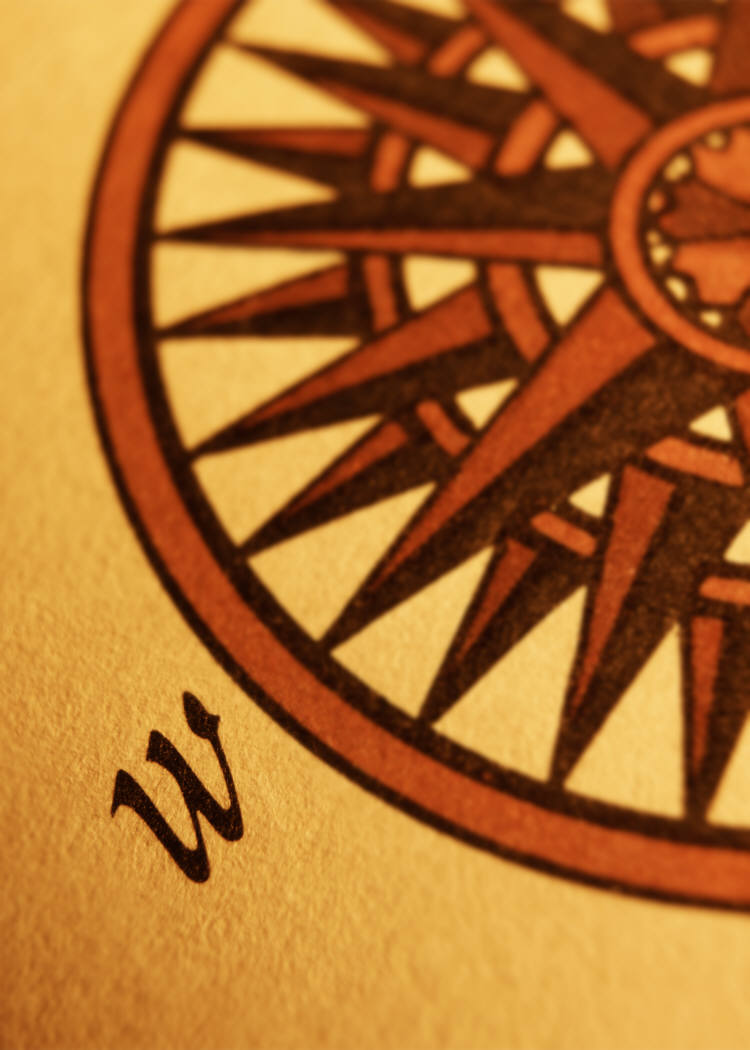Course Syllabus
 History of the American West Since 1900
History of the American West Since 1900
An exploration of the post-1890 history of the Trans-Mississippi West. Will include analysis of such issues as water use and allocation, population growth, land use, exploitation of resources, conservation and threats to the environment, the federal presence, and tourism.
Texts:
- Abbott, How Cities Won the West
- Nash, The Federal Landscape
- Rothman, Devil's Bargains
- An autobiography by a modern westerner.
- additional readings as assigned, including scholarly articles and films
Learning Objectives:
A. Historical Knowledge
- Students will demonstrate a knowledge of basic facts, events -- and, especially, of significant questions and major themes in the history of the American West after 1900
- Students will explain the West as a region.
- Students will describe the role of the federal government in the region
- Students will describe the West as an idea in American culture and in the popular imagination.
- Students will describe the struggle for land resources, identity, and power which have characterized the West.
B. Historical Thinking
- Students will use a historical perspective by which to understand present issues in the American West.
- Students will articulate the diverse perspectives of westerners.
- Students will consider a wide variety of historical sources and learn about how historians go about "recovering the past."
C. Historical Skills
- Students will hone their skills in reading, thinking, writing. Students will learn how to learn, how to reflect on their own learning.
- Students will be able to weigh conflicting claims by employing reason and rules of evidence to establish the reliability of any claim or statement.
Activities in Support of Learning;
- 3 Response papers (2-3 pages) (for each of the 3 texts). Points (15) are earned for:
- Accomplishment of the assignment = 7 points
- Composition skills - 5 points
- citation of sources = 3 points
- 2 analysis papers
- 1 analysis of a WHQ article
- field trip
- 5 formal oral presentations: (with handout = 10 points each) and some informal (include in participation statement)
- Book Presentation. Students will read an autobiography of a modern westerner and present their responses to the text in a formal oral presentation = 15 points
- Participation Statement = 20 points
Seminar Participation: Active participation and critical thinking about the reading is essential. Careful reading is the single most important thing you can do to be successful in this course. In evaluating your participation grade, we will be looking for three main things: 1) active, regular participation; 2) direct engagement with the text by offering reflections, posing questions, pointing out problems, etc.; and 3) interaction with your peers by building on their comments, asking further questions, and putting forth a different view with respect and courtesy
I emphasize these three areas because they mirror my approach and understanding of what a seminar should be -- a collegial space for exchanging and discussing ideas. We tend to think of seminar as a conversation among peers who come to class with thoughtful questions, remarks, and comments about the assigned reading and then leave with other issues in mind that have surfaced after carefully listening to and engaging with the ideas of their colleagues. Like any good, animated conversation, discussion depends on give and take from all of those involved –– listening as much as talking.
Grades:
Grades will be based on a percentage of the points possible.
- 3 formal response papers = 45 points
- 1 scholarly analysis = 15 points
- 1 field trip analysis = 15 points
- 5 formal oral presentations = 50 points
- book presentation = 15 points
- Participation statement = 20 points
A = 94 -100%
B = 83 - 86%
C = 73 - 76%
D = 60 - 66%
Course Summary:
| Date | Details | Due |
|---|---|---|
| Tue Jan 19, 2016 | Assignment Oral presentation #1 - Resources for Study | due by 11:59pm |
| Tue Jan 26, 2016 | Assignment Critique of Scholarly Article | due by 11:59pm |
| Thu Feb 4, 2016 | Assignment oral presentation #2 Best cities in the West | due by 11:59pm |
| Tue Feb 23, 2016 | Assignment paper in response to Abbott | due by 11:59pm |
| Thu Mar 3, 2016 | Assignment oral presentation #3 - Federal Agencies | due by 11:59pm |
| Assignment Paper in response to Nash | due by 11:59pm | |
| Thu Mar 24, 2016 | Assignment oral presentation #4 - National Parks | due by 11:59pm |
| Thu Apr 14, 2016 | Assignment oral presentation #5 - western film | due by 11:59pm |
| Fri Apr 15, 2016 | Assignment Paper in response to Rothman | due by 11:59pm |
| Thu Apr 21, 2016 | Assignment Field Trip Paper | due by 11:59pm |
| Assignment Oral Presentation of Western autobiography | due by 11:59pm | |
| Assignment Participation Statement | due by 11:59pm |